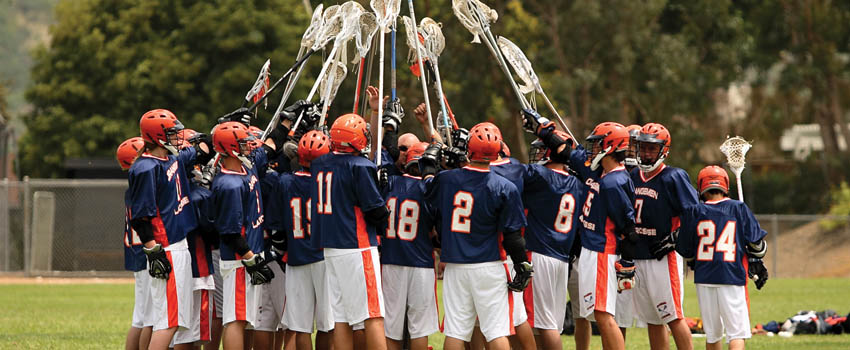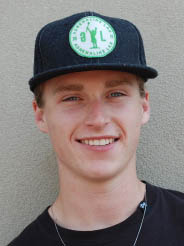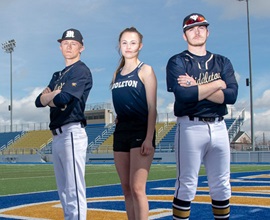-
Call Us
-
Baker City (541) 523-1521
-
Boise (208) 381-2222Nearest Location
-
Buhl (208) 814-1000
-
Caldwell (208) 381-2222
-
Eagle (208) 473-3000
-
Fruitland (208) 381-2222
-
Hailey/Ketchum (208) 727-8800
-
Jerome (208) 814-9500
-
McCall (208) 634-2221
-
Meridian (208) 706-5000
-
Mountain Home (208) 587-8401
-
Nampa (208) 381-2222
-
New Meadows (208) 634-2221
-
Ontario (208) 381-2222
-
Riggins (208) 634-2221
-
Sun Valley (208) 727-8800
-
Twin Falls (208) 814-1000
-
-
Health Services
-
Communities & Locations
If you or someone you know is experiencing a mental health crisis, call 988 for 24/7 free and confidential crisis support. You do not have to be suicidal to call. Access more info and resources on suicide prevention, emotional and mental health support.
Site Navigation
Supplemental
- About St. Luke’s
- Donate or Volunteer
- Blogs
- For Providers
- En Español
- Contact Us In Boise (208) 381-2222
Menu
-
Health Services
Health Services Menu
Medical Services
Specialties, Conditions, Procedures & Treatments
Search by keyword or browse our list of services.
Providers
Find a provider by specialty, location, or availability.
On-Demand Virtual Care
Available seven days a week from 8 a.m. to 8 p.m.
Research Studies & Clinical Trials
See current studies testing new drugs, devices, and equipment to find better ways to treat and help patients.
Health Information
Health Activities
Life Events
-
Communities & Locations
Communities & Locations Menu
Facilities
Emergency & Urgent Care
For life-threatening emergencies, call 911 without delay.
Clinics
Search by specialty and location.
Hospitals & Medical Centers
Receive the highest level of care from the region's leading providers.
Labs & Imaging Centers
Find a lab or imaging facility close to you.
Pharmacies
Search for a retail pharmacy in your area.
Infusion Centers
Find an outpatient infusion center.
Business Services
Visit us to pay bills, ask billing questions, or request billing records.
Nearest You
-
Resources For Patients & Visitors
Resources For Patients & Visitors Menu
After Your Visit
-
 MyChart
MyChart
-
Search
Search Menu
- Hubble Holley's Concussions Add Up to Uncertainty
Hubble Holley's Concussions Add Up to Uncertainty


Hubble was loopy for a while after the first lacrosse concussion, his mother Kozi Holley remembers. He followed all doctor’s orders—no school, no activities, little TV, dim lights. “I didn’t do much of anything for weeks,” Hubble says. “I didn’t get to play sports for three months.” He recovered. But the latest impact has been another, more alarming experience, one that has prompted their interest in concussion research at St. Luke’s. Not realizing how hard he had been hit, Hubble played the rest of the game. It wasn’t until he was driving home that he recognized the familiar signs of concussion. His head hurt, his vision was blurry, and the streetlights were blinding. “It was like I was at a laser light show,” he says. Hubble got lost before finding his way to his grandmother’s house.
“He was way out of it this time,” his mom reports. His eyesight and balance were affected. He would get disoriented. He couldn’t remember recent conversations. “It was like nobody was home.”Hubble was out of school for two weeks; his activities were restricted for six weeks. He continues to follow-up with his doctors at St. Luke’s Concussion Clinic.
Nearly three months later, Hubble still has after-effects from the concussion. It has affected his sleep. He especially feels the depression and mood swings. “I can be in the shower and get mad at nothing, then go down a dark hole,” he says. “It’s like darkness just comes over me.”
Long-term, he and his mom don’t know what to expect, which is why they support St. Luke’s ground-breaking research on the short- and long-term effects of pediatric concussion. The Concussion Clinic will soon launch a Quality of Life study for patients.
Hubble hopes the research will help families and doctors learn more about “what happens when you get hit on the head too many times.” He and his mom also hope the research will help guide prevention and treatment programs to benefit all kids who play sports.
-
Tags:
-
Research at St. Luke's
Related Specialty

Sports Medicine
Help for injured recreational and professional athletes to return to an active lifestyle as quickly and safely as possible.
Take Care, Someone Needs You.
You take care of others, so take care of yourself. Let us be your partner in health, whether you're recovering from an injury, checking in for your annual exam, or enjoying an online class.
Because when you take care of yourself, everyone around you benefits.
